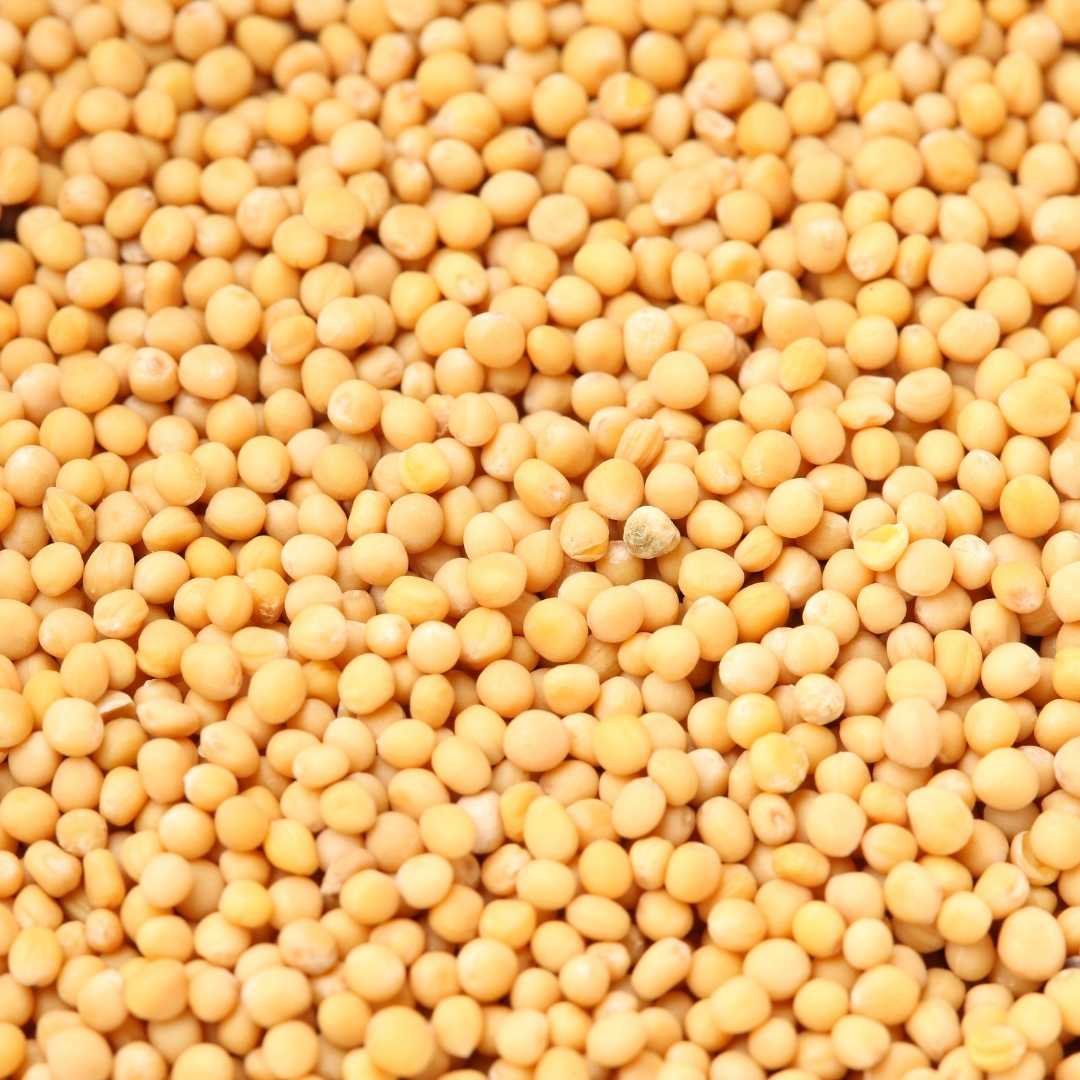
Mustard seeds have a tiny diameter of roughly 1-2mm. They can be any color, but most are yellow, brown, or black. These seeds are commonly utilized in both Indian and American cuisines. Mustard seeds have been used as a condiment for centuries and have numerous health advantages. Another edible portion of this plant is its leaves, which are high in vitamins C, A, and K, as well as minerals like calcium and copper.
Mustard is made from crushed mustard seeds and is commonly used as a condiment in Asian and Mediterranean cuisines. With a growing emphasis on using natural ingredients in food and other industries, mustard is quickly becoming a desired element in the creation of new goods.
Mustard is a cruciferous vegetable, which means it belongs to the same family of nutrient-rich leafy vegetables as cabbage, broccoli, and kale. This plant's seeds and leaves are edible, and it's well-known for its therapeutic benefits and spicy flavor. Modern science is only now beginning to discover the numerous benefits that this plant provides.
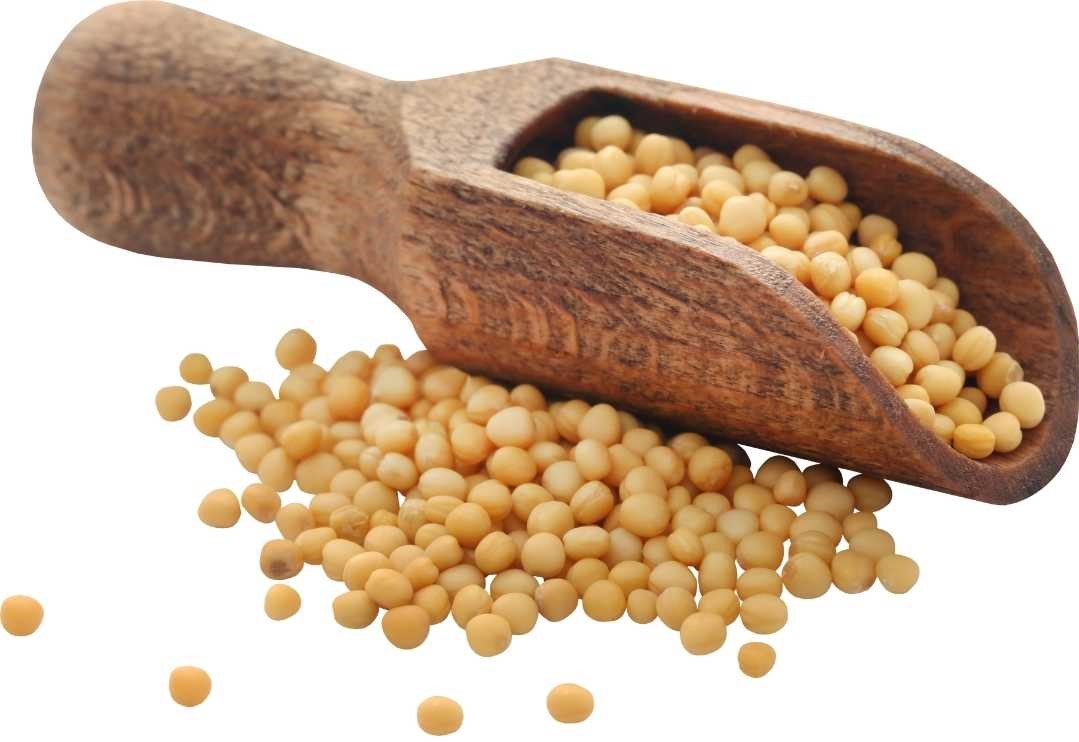
There are numerous types of mustard, all of which are high in nutrients. Copper, calcium, iron, magnesium, phosphorus, potassium, sodium, zinc, manganese, and selenium are all abundant in mustard seeds. Mustard seeds are also high in vitamins C and K, as well as thiamin, riboflavin, vitamin B6, and folic acid. They have a high fiber content and are a good source of bioactive components like antioxidants and polyunsaturated fatty acids.
Because of its strong, pungent flavor, mustard is usually served in modest amounts.
As a member of the cruciferous family, it is high in antioxidants and glucosinolates, a group of sulfur-containing chemicals. Other compounds formed from glucosinolates, such as isothiocyanates and sinigrin, offer distinct health benefits.
Mustard seeds are good for our health. They have been utilized in numerous ayurvedic treatments to improve digestive health. Here are a few reasons why you should include them in your diet:
Mustard seeds are high in antioxidants, which help to keep your skin looking young and vibrant. In the body, antioxidants bind with free radicals. These free radicals can be extremely damaging if present in excess in the body. These free radicals have been related to a variety of disorders including diabetes, heart disease, and cancer. They are high in glucosinolates and myrosinase, both of which hinder the growth of cancer cells in the body. Certain studies also indicate that it aids in the destruction of existing malignant cells in the body.
Mustard provides a number of skincare benefits. Mustard paste is a fantastic exfoliant. Acne sufferers can also use it as a facepack because it has antimicrobial characteristics. Mustard pack and scrub also assist to keep your skin moisturized and brighten your tan. Those suffering with psoriasis use mustard seeds. It can aid in the treatment of numerous skin infections in the body, such as ringworms.
Mustard seeds might provide immediate relief from digestive disorders. It helps with constipation since it includes a lot of fiber. Mustard seeds are high in nutrients that improve gut health and bowel movement. It benefits not just digestion but also our metabolism.
Mustard seeds are also high in soluble fiber, which aids in cholesterol reduction. High cholesterol levels in the blood raise the chance of having a heart attack. Mustard oil, which is extensively used in Indian families for cooking, is extremely beneficial to our heart health and aids in the avoidance of cardiac arrest.
Mustard seeds have a high nutritional value. They include a variety of vitamins and minerals. It contains vitamins A and C, as well as minerals such as calcium, iron, phosphorus, magnesium, and potassium. It has anti-inflammatory qualities as well. Once a week, use mustard seed powder and salt to massage your teeth and gums.
Mustard seeds can be used to relieve muscle stiffness and joint discomfort. Massage mustard oil into joints can help relieve joint discomfort in the elderly. Mustard seeds can also be used to relieve headaches and migraines. It can be used to relieve menstrual cramps. It can be beneficial to women who are going through menopause. It can also aid with calcium replenishment in the body, which is constantly drained from the spine in women.
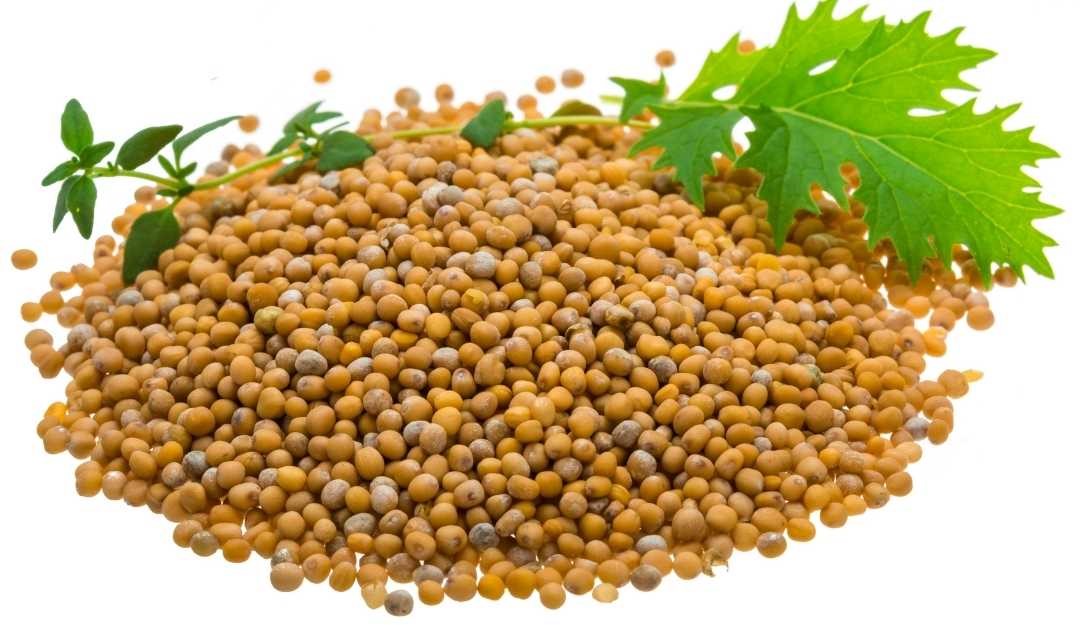
Although eating mustard seeds is generally harmless, you should limit your intake. Dermatitis has been reported in patients who have directly applied a mustard patch to their skin, and additional research has proven the negative effects of erucic acid, a component contained in mustard. Erucic acid harms liver enzymes and may impair fertility. Mustard seeds may have unintended consequences. You should keep track of how many seeds you consume. You must exercise caution when applying mustard paste to your skin since it should not come into contact with your eyes. Mustard seeds can induce eye discomfort and tears. Here are some of the potential adverse effects of eating too many mustard seeds:
Consuming mustard seeds is safe, however it can trigger allergies in some people. If you get gastrointestinal pain after eating mustard seeds, check your doctor. These infections may progress and cause intestinal inflammation. Excessive use might result in bleeding from the stomach and intestine linings.
Because mustard has a lot of fiber, eating too much of it might cause diarrhea. Other symptoms, such as nausea and flatulence, might accompany diarrhea. It could be due to an allergic reaction. In certain people, it can also cause intestinal irritation.
Mustard seeds can be highly beneficial to our health, but only in little amounts. It is extremely simple to incorporate them into your diet. Another technique to consume mustard is to sprout it until small leaflets appear. These can be used in salads and as a garnish. Microgreens are more nutritious than seeds and improve the appearance of a dish.
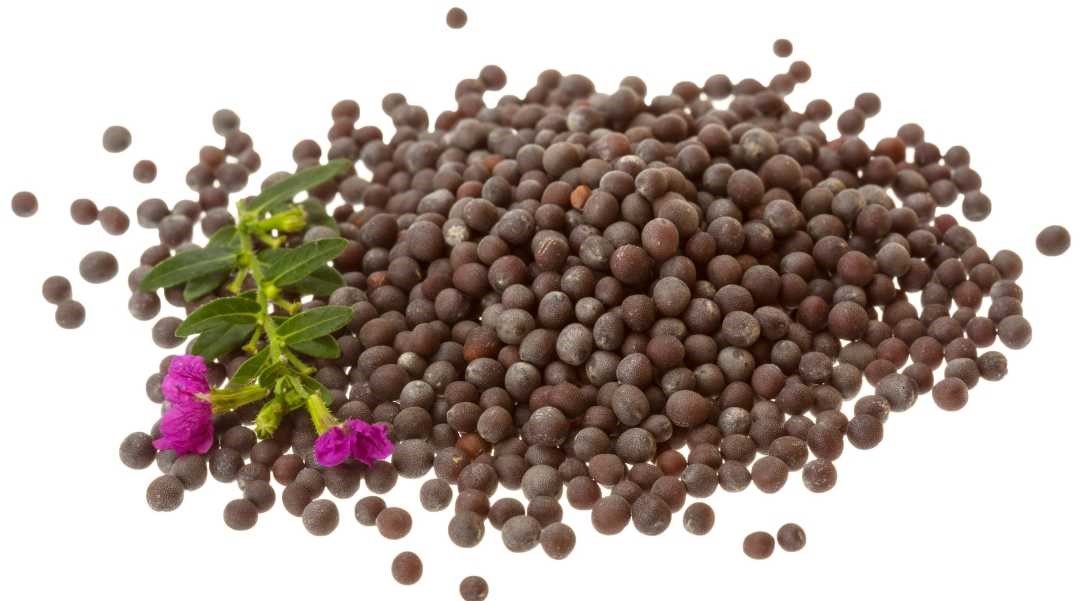
Yellow mustard seeds are widely used in ready-to-eat dishes, normally sold in jars or squeeze bottles, and intended to be used in sandwiches or as dips. Brown mustard seeds tend to be hotter than yellow mustard seeds. They are used to add spice and flavor to cooked Asian meals.
In many Indian dishes, mustard seeds (together with other spices and condiments) are cooked in clarified butter or oil before being added as the dish's final flavor (called tempering). Mustard greens can also be sautéed with garlic before being added to soups.
Mustard paste, manufactured from seeds, is one of the most popular condiments loved worldwide and is used as a dip alongside other meals.
Amchur Restaurant & Bar is one of the popular Indian restaurants which provides not only Indian cuisines but also Nepalese and Oriental cuisines with a contemporary approach which are not only healthy but also immensely delicious to the customers who have visited and dined at the restaurant. Amchur Restaurant & Bar provides dine-in service along with takeaway and delivery service. If you like to try out the takeaway or delivery you can place an order by clicking here. You can also reserve a table for your family or friends by clicking here.
-
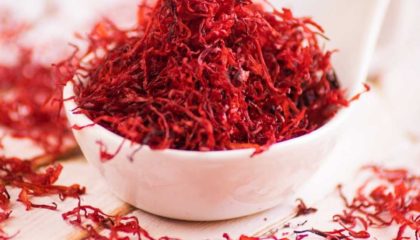 Read more +
August 1, 2022 By Amchur Restaurant in Spices
Read more +
August 1, 2022 By Amchur Restaurant in Spices
What is Saffron and its benefits?
-
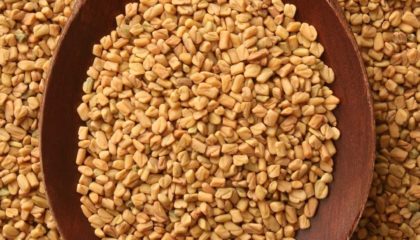 Read more +
July 25, 2022 By Amchur Restaurant in Spices
Read more +
July 25, 2022 By Amchur Restaurant in Spices
What are Fenugreek and its benefits?
-
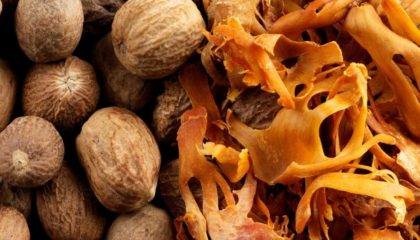 Read more +
July 18, 2022 By Amchur Restaurant in Spices
Read more +
July 18, 2022 By Amchur Restaurant in Spices
What are Nutmeg & Mace and its benefits?
-
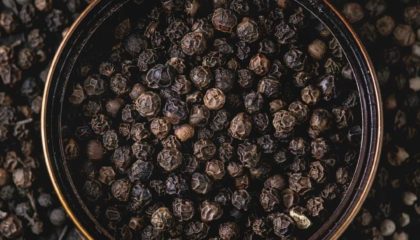 Read more +
July 14, 2022 By Amchur Restaurant in Spices
Read more +
July 14, 2022 By Amchur Restaurant in Spices
What are black pepper and its benefits?
-
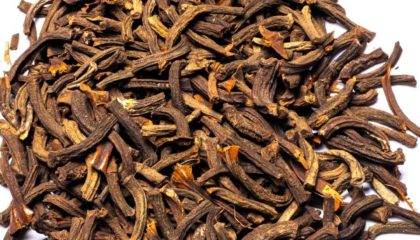 Read more +
July 11, 2022 By Amchur Restaurant in Spices
Read more +
July 11, 2022 By Amchur Restaurant in Spices
What are Cassia bark and its benefits?
-
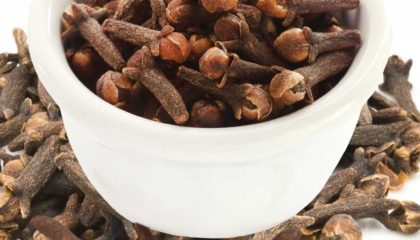 Read more +
July 7, 2022 By Amchur Restaurant in Spices
Read more +
July 7, 2022 By Amchur Restaurant in Spices
What are Clove and its benefits?
-
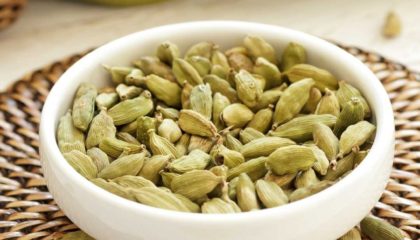 Read more +
July 4, 2022 By Amchur Restaurant in Spices
Read more +
July 4, 2022 By Amchur Restaurant in Spices
What are Cardamom and its benefits?
-
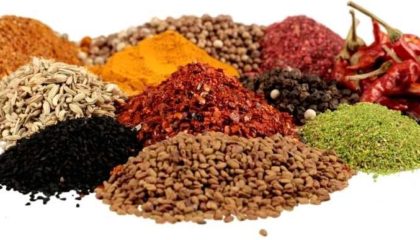 Read more +
June 30, 2022 By Amchur Restaurant in Spices
Read more +
June 30, 2022 By Amchur Restaurant in Spices
Essential Spices Used in Indian Restaurants
-
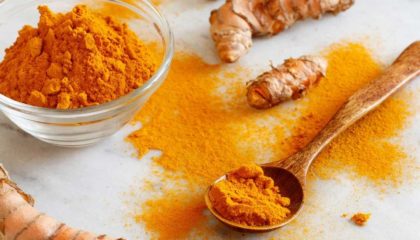 Read more +
June 27, 2022 By Amchur Restaurant in Spices
Read more +
June 27, 2022 By Amchur Restaurant in Spices
What is Turmeric and its benefits?
-
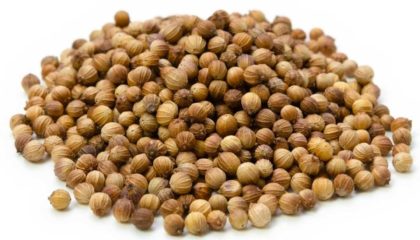 Read more +
June 24, 2022 By Amchur Restaurant in Spices
Read more +
June 24, 2022 By Amchur Restaurant in Spices
What Is Coriander and its benefits?
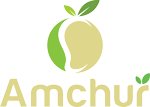
You must be logged in to post a comment.